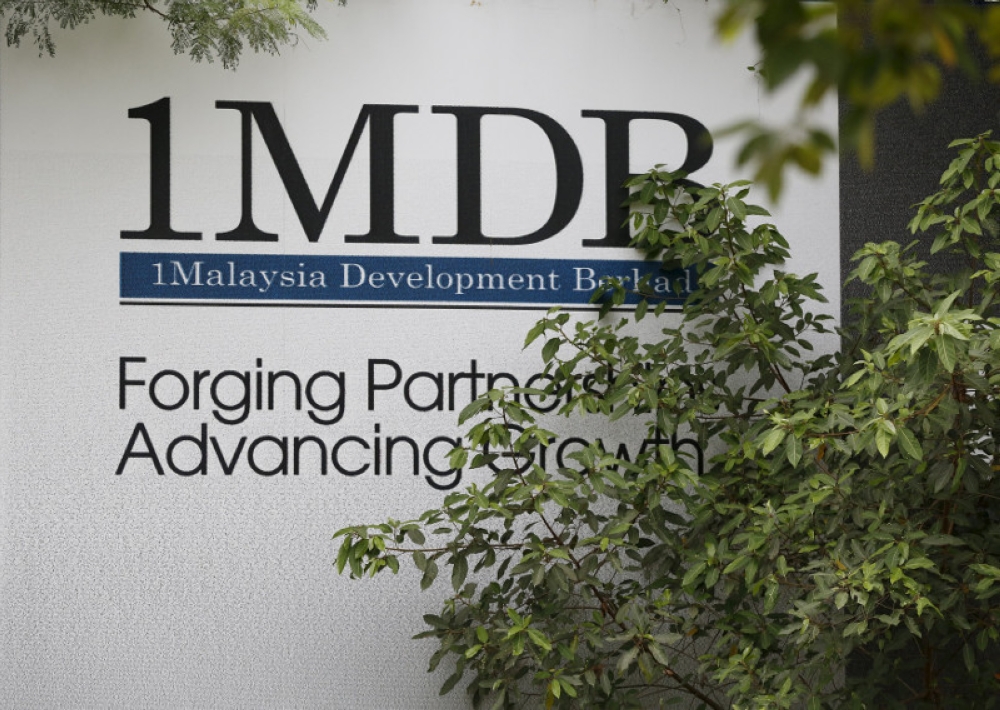JANUARY 21 — On January 18, 2017, Malaysians were alarmed with the "so-called" contention made by a professor from Harvard University, Professor Lant Prichett that our graduates are akin to Danish dropouts.
This was reported in a Free Malaysia Today (FMT) online portal entitled “Local Grads Only as Good as Danish High School Dropouts” narrated by Minderjeet Kaur on 18 January 2017. As expected, some Malaysians posted vicious comments lambasting the government and local universities for failing to produce high-quality graduates.
Ironically, the title of this article was changed to “Rote Learning a Bane in Tertiary Education, Harvard Professor warns” the day after. A few hours later, FMT released another article reporting that Professor Prichett clarified that he had no data on Malaysia and as such his statements “could not be construed as saying anything about Malaysia.”
The Harvard professor said he has not done any studies on Malaysia and therefore would not say anything about Malaysia tertiary graduates.
What is wrong with these kinds of Malaysians that quickly jump in the bandwagon whenever there is an opportunity to badmouth the country? Last week, Faiz Subri’s triumph at Puskas award was overshadowed by a number of Malaysians that questioned his English. They have forgotten the pride and glory this individual has bestowed upon the country.
Now, Minderjeet Kaur of FMT misquoted Prof Prichett’s claim on the quality of Malaysian graduates to bring shame upon the country. Sixty years of nationhood and many Malaysians have taken for granted something that they already have — citizenship.
Many Chinese and Indians in Brunei, Rohingyas in Myanmar as well as Palestinians in Lebanon and Syria, to-date, have been denied citizenship. Unlike Brunei, the Malaysian (then Malayan) government, upon independence in 1957, had provided citizenships to almost all Malayans regardless of race and religion, even if they originated from outside the Malay archipelago.
While other countries in the region were building military strength, Malaysia on the other hand was focusing on the enhancement of human resource. As a result, after 60 years of nationhood, Malaysia became a successful story — transformed a poor agricultural country into one of the largest trading nations in the world.
How was this made possible — through providing good policies on national education. The following facts show that the local graduates are not as bad as Danish dropouts:
- Malaysia was colonised for more than 300 years and the Malay/Bumiputras were sidelined and remained at the bottom rung of the society. Middle-class and professionals among the Malay/Bumiputras were almost non-existent. Upon independence and through the New Economic Policy (NEP), the socio-economic status of the Malay/Bumiputras (particularly from the rural areas) was uplifted and in just one generation, many professionals were produced.
- Many graduates from local universities were accepted to undergo Masters and PhD studies at world-class universities worldwide and graduated with success.
- A number of local graduates secured themselves professional jobs and became expatriates in Singapore, Brunei, Indonesia, Timor-Leste, Kuwait, Qatar, United Arab Emirates and the United Kingdom, not to mention some of them are working with international organisations like the United Nations (UN).
- Local universities top international competitions like the Cambridge Debating Tournament, dominated by International Islamic University Malaysia (IIUM) and World Universities Debating Championship (WUDC) — with Universiti Teknologi MARA (UiTM) ranked second in the world outdoing Yale University and Harvard University, both in 2016.
- Many international institutions recognise the expertise of local academics with a number of them appointed as visiting professors, visiting academics and academic fellows.
- Malaysia is ranked among top two Asian countries with high English proficiency according to the survey by the EF English Proficiency Index (EF EPI).
- The first Malaysian to win the Nobel Peace Prize Award in 2013, Mohd Nasarudin Mohd Yusof, graduated from Universiti Kebangsaan Malaysia.
The list could go on and on but these are among the few to show that the local education system is not entirely as bad as some may think. It is true that there are weaknesses in the current system but there is always a room for improvements.
What Minderjeet Kaur has committed was a grave offence as this unprecedented report would, one way or another, tarnish Malaysia’s reputation in the eyes of the world — a vicious misconception. FMT is an online portal that is accessible worldwide and anything published in it must be done with care and due diligence.
As academics, we are very relieved that Prof Prichett has never said such a thing. We are Malaysian graduates and proud to be part of them. It is time for Malaysians to be proud of who they are and what they are capable of doing. We are definitely not as bad as Danish dropouts.
* Dr Mohd Hazmi Mohd Rusli holds a LLB and MCL from IIUM. He is senior lecturer at Universiti Sains Islam Malaysia and visiting professor at Far Eastern Federal University, Vladivostok, Russia. Dr Wan Zulhafiz Wan Zahari has a LLB from IIUM, LLM from UiTM and a doctoral degree from the University of Aberdeen, United Kingdom. He is assistant professor at IIUM.
** This is the personal opinion of the writer or publication and does not necessarily represent the views of Malay Mail Online.





















